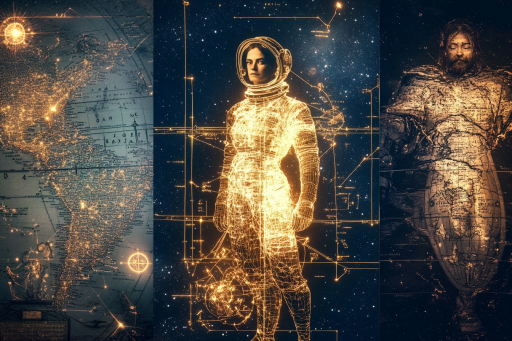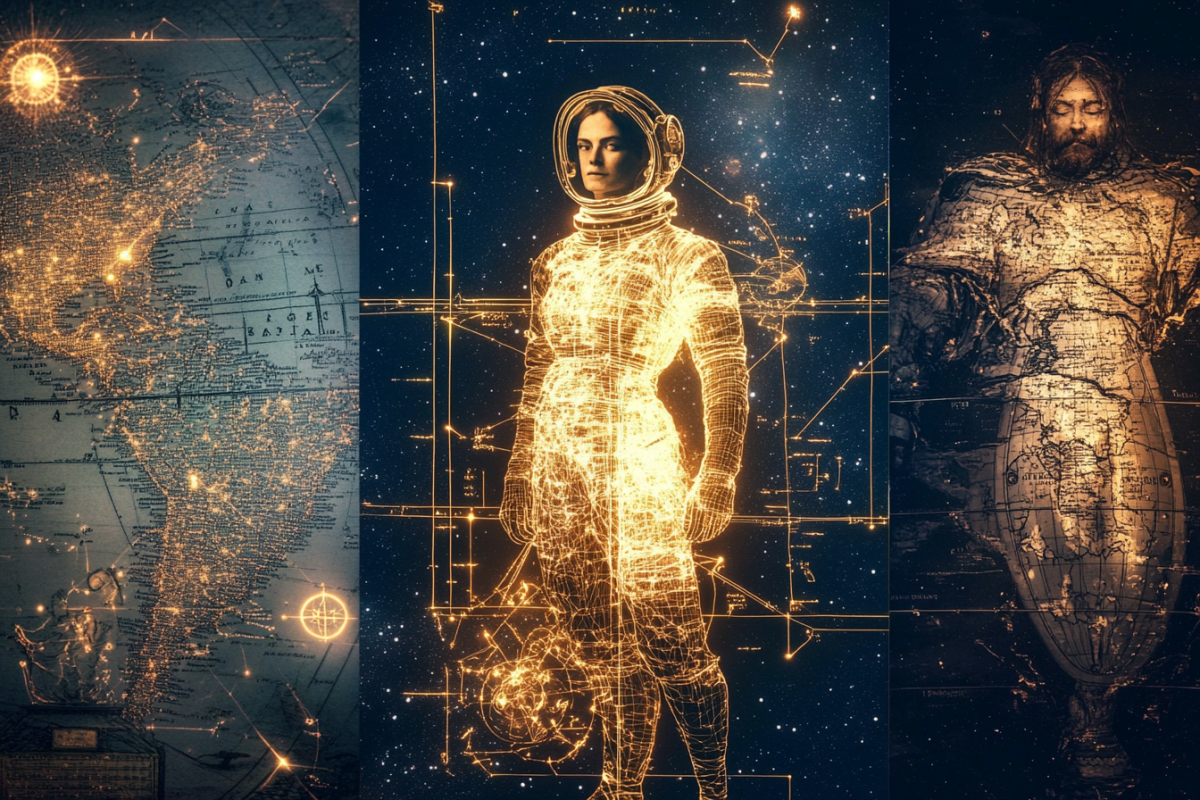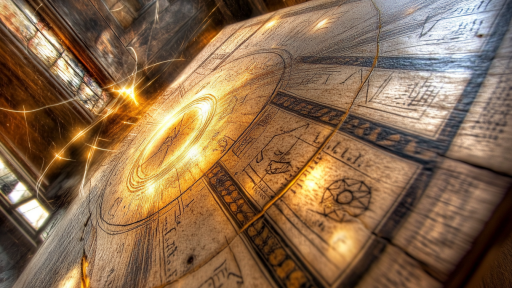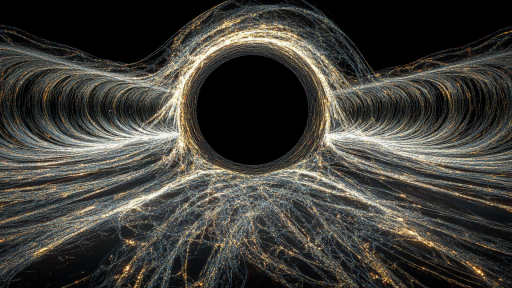
Throughout history, explorers have defied the limits of the known world, venturing into the unknown with nothing but courage, curiosity, and a will to survive. These incredible journeys uncovered lost civilizations, mapped uncharted territories, and shattered what humanity thought was possible. Some expeditions changed geography, while others transformed our understanding of science and culture. These legendary feats of exploration pushed the boundaries of human achievement, leaving an impact that still echoes today.
The First Voyage to the South Pole

In December 1911, Roald Amundsen and his team became the first humans to reach the South Pole, braving the merciless cold of Antarctica. Facing blizzards, starvation, and the harshest environment on Earth, Amundsen’s meticulous planning and use of sled dogs ensured his success, outpacing Robert Falcon Scott’s doomed expedition. This triumph reshaped polar exploration, proving that extreme environments could be conquered with the right strategy. His achievement remains one of the most daring undertakings in history, showcasing the triumph of preparation over raw endurance.
The Rediscovery of Machu Picchu

In 1911, American explorer Hiram Bingham stumbled upon the breathtaking ruins of Machu Picchu hidden deep in the Peruvian Andes. Though the Inca citadel had long been known to locals, Bingham’s expedition brought it to the world’s attention, sparking fascination with Inca civilization. This astonishing find revealed a city untouched by Spanish conquest, offering invaluable insights into a highly advanced ancient culture. Today, Machu Picchu stands as a symbol of mystery, endurance, and the power of rediscovery.
Diving to the Deepest Point on Earth

In 1960, oceanographers Jacques Piccard and Don Walsh descended into the Mariana Trench’s Challenger Deep, nearly seven miles beneath the ocean’s surface. Their vessel, the bathyscaphe Trieste, withstood crushing pressure as they became the first humans to reach the deepest known part of the sea. Against all odds, they discovered life thriving in the abyss, shattering scientific assumptions about extreme oceanic environments. Their journey unlocked a new frontier in deep-sea exploration, paving the way for future underwater discoveries.
The Epic Lewis and Clark Expedition

Commissioned by President Thomas Jefferson in 1804, Meriwether Lewis and William Clark embarked on an expedition across the uncharted American West. Battling treacherous rivers, towering mountains, and unpredictable weather, their team mapped vast territories and documented countless new species. With the help of Indigenous guides like Sacagawea, they navigated thousands of miles, bridging cultures and shaping the future of the United States. Their journey remains one of the most ambitious overland explorations in history.
The Moon Landing That Changed Everything
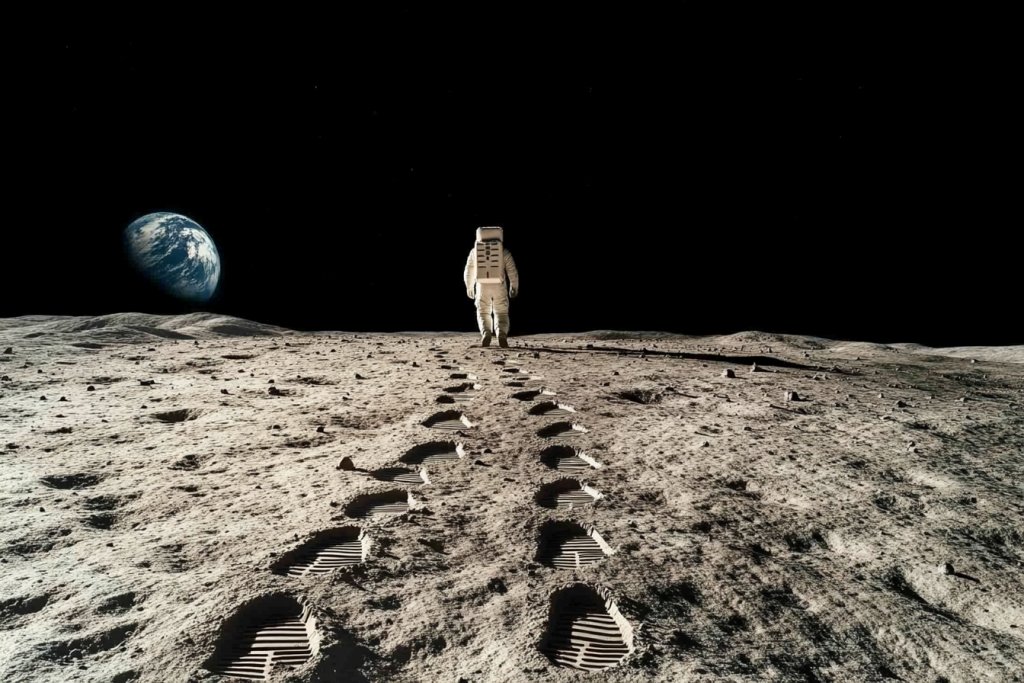
On July 20, 1969, Apollo 11’s Neil Armstrong and Buzz Aldrin became the first humans to walk on the Moon, a moment that redefined human potential. The iconic phrase, “That’s one small step for man, one giant leap for mankind,” echoed across the world as millions watched in awe. This extraordinary achievement marked the peak of the Space Race, proving that humanity could reach beyond Earth. The Moon landing stands as one of the greatest milestones in human exploration, opening the door to space travel’s boundless possibilities.
The Discovery of the Tomb of Tutankhamun

When British archaeologist Howard Carter uncovered the tomb of Pharaoh Tutankhamun in 1922, the world was mesmerized by its untouched treasures. The burial site, sealed for over 3,000 years, revealed a dazzling collection of gold artifacts, intricate carvings, and the young king’s remarkably preserved sarcophagus. This discovery reshaped our understanding of ancient Egypt, offering an unprecedented glimpse into royal life and religious practices. It remains one of the most significant archaeological finds in history, sparking a global fascination with Egyptology.
The First Solo Flight Across the Atlantic

In 1927, Charles Lindbergh made history by flying nonstop across the Atlantic, alone and against the odds. His aircraft, The Spirit of St. Louis, carried him over 3,600 miles from New York to Paris, a feat no one had achieved before. Fighting fatigue and severe weather, Lindbergh’s success revolutionized aviation, proving that long-distance air travel was possible. His daring flight set the stage for the modern aviation industry, forever changing global transportation.
Ernest Shackleton’s Impossible Antarctic Rescue

Stranded in Antarctica after his ship, Endurance, was crushed by ice, Ernest Shackleton led one of the most astonishing survival stories ever recorded. With no hope of rescue, he and his men navigated over 800 miles of treacherous waters in a small boat to reach South Georgia Island. His leadership, courage, and refusal to lose a single life cemented his place in history as one of the greatest explorers of all time. Shackleton’s harrowing journey remains a lesson in resilience and the unbreakable human spirit.
The Race to Map the Human Genome

In 2003, scientists completed the Human Genome Project, a groundbreaking achievement in exploration—not of land, but of life itself. This endeavor mapped all the genes in human DNA, unlocking a new understanding of genetics and medicine. The implications were staggering, leading to advancements in disease prevention, personalized medicine, and even biotechnology. This scientific exploration reshaped our perception of what it means to be human, paving the way for future medical breakthroughs.
The Conquest of Mount Everest

In 1953, Sir Edmund Hillary and Tenzing Norgay became the first climbers to reach the summit of Mount Everest, the world’s highest peak. Battling extreme altitude, brutal cold, and the ever-present threat of avalanches, their victory proved that the impossible could be achieved. Their ascent opened the floodgates for generations of mountaineers, transforming Everest from an untamed giant into a symbol of human determination. Their legacy still inspires climbers to chase their own summits, both literal and metaphorical.
The First Journey to the Depths of the Amazon

Long before satellite mapping, the Amazon Rainforest remained one of the planet’s greatest mysteries, its uncharted wilderness hiding unknown tribes, exotic wildlife, and lost civilizations. In the 16th century, Spanish explorer Francisco de Orellana became the first European to navigate the entire length of the Amazon River, facing relentless jungle, hostile encounters, and near-starvation. His journey unveiled the vastness of the rainforest, forever changing the world’s perception of South America’s interior. Even today, the Amazon remains a realm of discovery, with new species and ancient secrets still emerging from its depths.
Beyond the Edge of the Map

History is written by those who dare to push beyond the limits of the known world, whether through distant lands, uncharted seas, or the far reaches of space. These explorations did more than map new territories—they reshaped our understanding of life, science, and human potential. The spirit of discovery is alive and well, driving us toward new frontiers, from the ocean’s depths to the cosmos beyond. What impossible journey will the world witness next?

